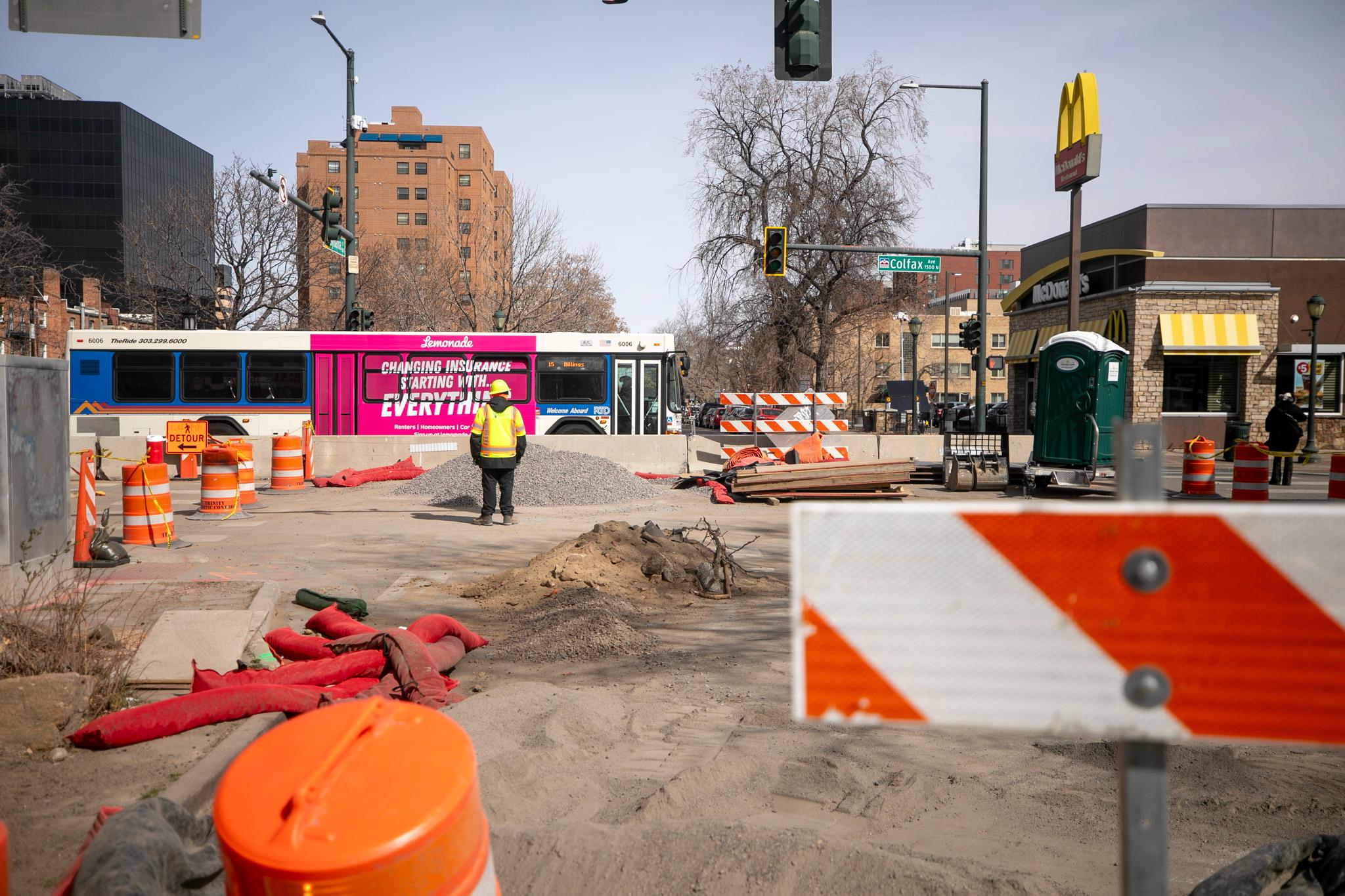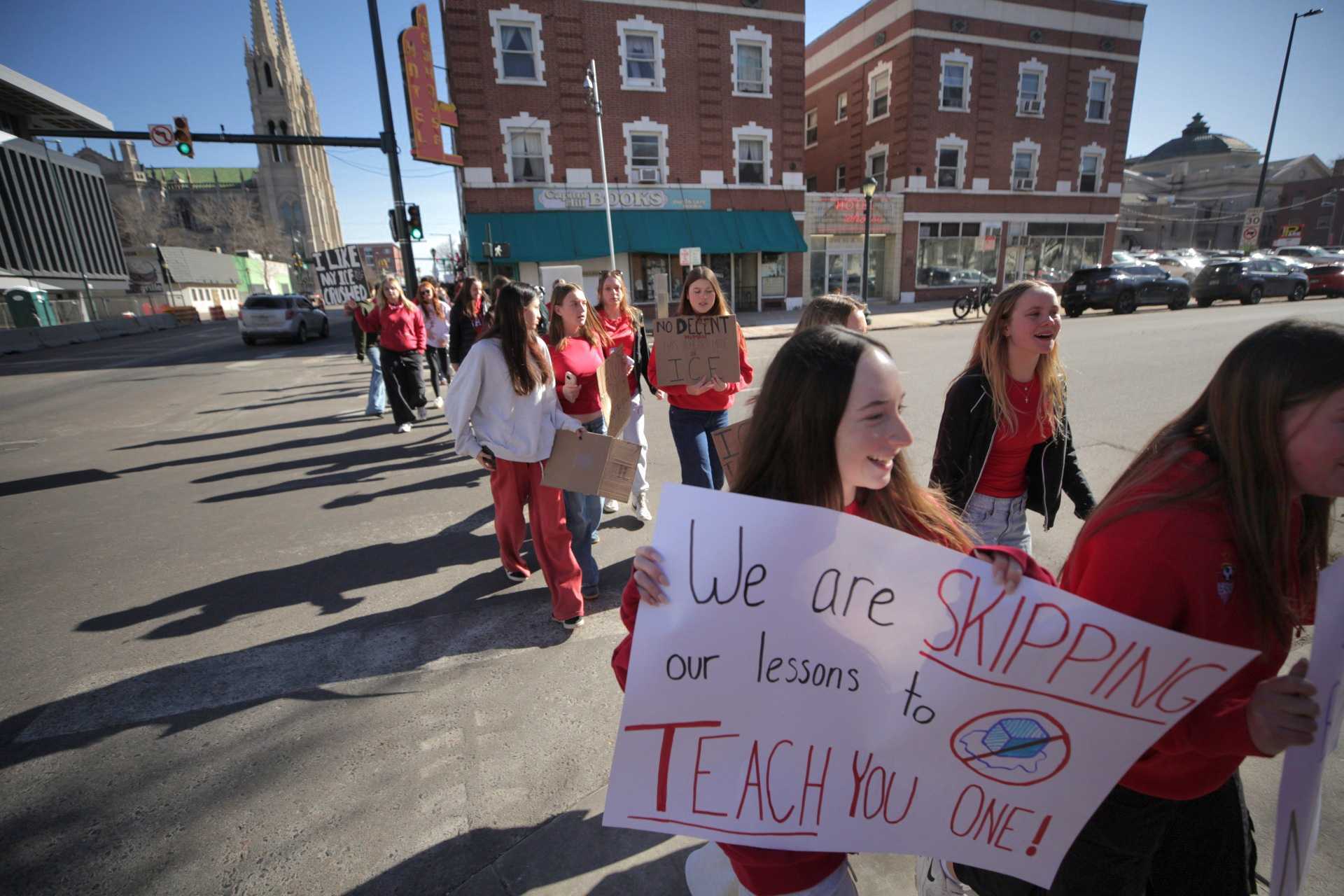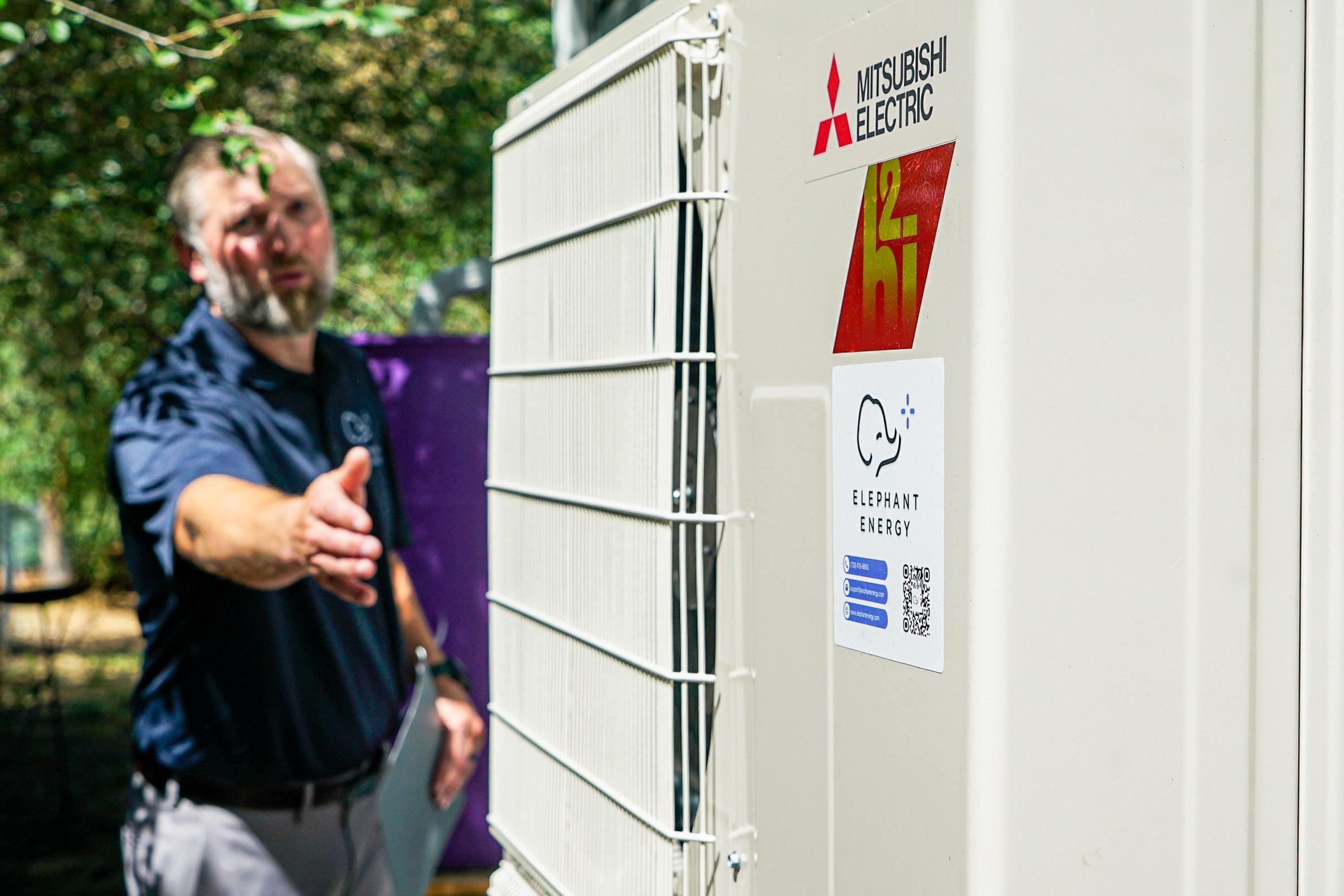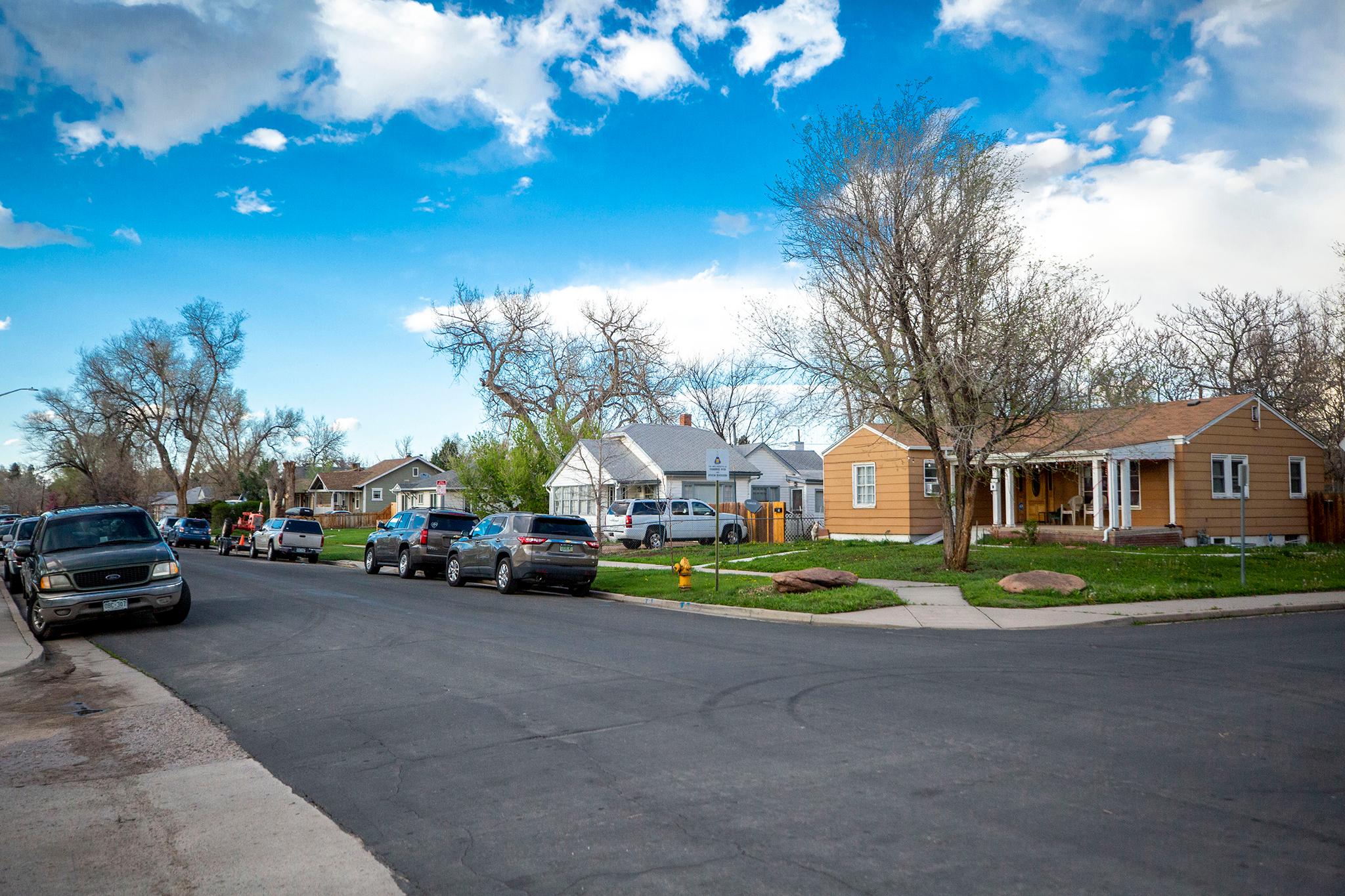As soon as the coronavirus outbreak began to affect the economy, Family Tree began hearing from people who feared losing their housing.
"It's not the folks who traditionally seek us out," said Cassie Ratliff, who directs homelessness programs for Family Tree. "We're starting to hear from folks who never asked for assistance before."
On Monday, the state Department of Local Affairs announced that Ratliff's metro Denver nonprofit was among 20 organizations across Colorado awarded a total of about $3 million to make grants to provide short-term rental and mortgage assistance to low-income families. Family Tree got $21,250.
"We expect that to go very quickly," Ratliff said of Family Tree's share.
The Salvation Army, which got one of the bigger allotments of cash to distribute statewide, said all $467,500 it received was already earmarked for 1,600 families, 350 of them in Denver, on a waiting list.
Salvation Army spokeswoman Rachael Fowler said Tuesday that her organization launched a response in mid-March to COVID-19. Through Friday, it has distributed $481,000 to help 600 families who were struggling to pay living expenses. The Salvation Army hired six new case managers, bringing the total to 10 across the state, to help respond to about 1,000 requests for help a week, as many as were received in a month before COVID-19.
"Rent especially is where a large portion of our COVID funding is being spent," Fowler said. "Because rent is not cheap. Especially in Denver."
The Salvation Army has funding from foundations and from city and county governments as well as from the state, and was seeking more, she said.
"We know the city and the state want to keep as many of their residents housed as possible," Fowler said. "If you don't, you're going to see an explosion in homelessness."
With May rent due for many at the end of the week, Family Tree's Ratliff has been contacting people who had come to her organization seeking help to tell them what kind of documentation they need to qualify for rent relief. That includes pay stubs or other records of their earnings before March 11, which must be less than 50 percent of the area median income to qualify for the state grants. Applicants must demonstrate, perhaps with a letter from an employer or former employer, that their earnings have been affected by the coronavirus.
People seeking grants also have to show what income they have, including unemployment benefits and payments received under the federal government's coronavirus stimulus packages. They must put 30 percent of their earnings toward rent, and grants can make up the rest. Those requirements will help the grants go further, said Shelly Hines, family safety net director for Jewish Family Service of Colorado, which received $34,000 of the $3 million.
"Funds are so limited, so if you don't do some of that, you just won't be able to help very many people," Hines said.
She said Jewish Family Services would be focusing on families in metro Denver. It also had funds from foundations it could use to help those who do not qualify for the state grants, which can only go to people who can show they are in the country legally.
Natriece Bryant, deputy executive director of the Department of Local Affairs, said Monday that the state was looking into ways to support undocumented immigrants living in Colorado.
Gov. Jared Polis created the $3 million fund in a March 20 executive order outlining steps to ensure the coronavirus outbreak does not lead to people losing housing. In the order, Polis also instructed aides to work with property owners and landlords to stave off evictions and avoid exacting fees for late or non-payment of rent from tenants affected by the outbreak of coronavirus until at least April 30. The governor's order also called for encouraging financial institutions to halt foreclosures and allow for a 90-day delay in mortgage payments from residential property owners affected by the coronavirus.
Polis also directed his Department of Public Safety to work with sheriffs to suspend residential evictions until April 30, a step Denver had taken before the gubernatorial order. Across the state, courts have suspended eviction hearings and, in some cases, filings.













